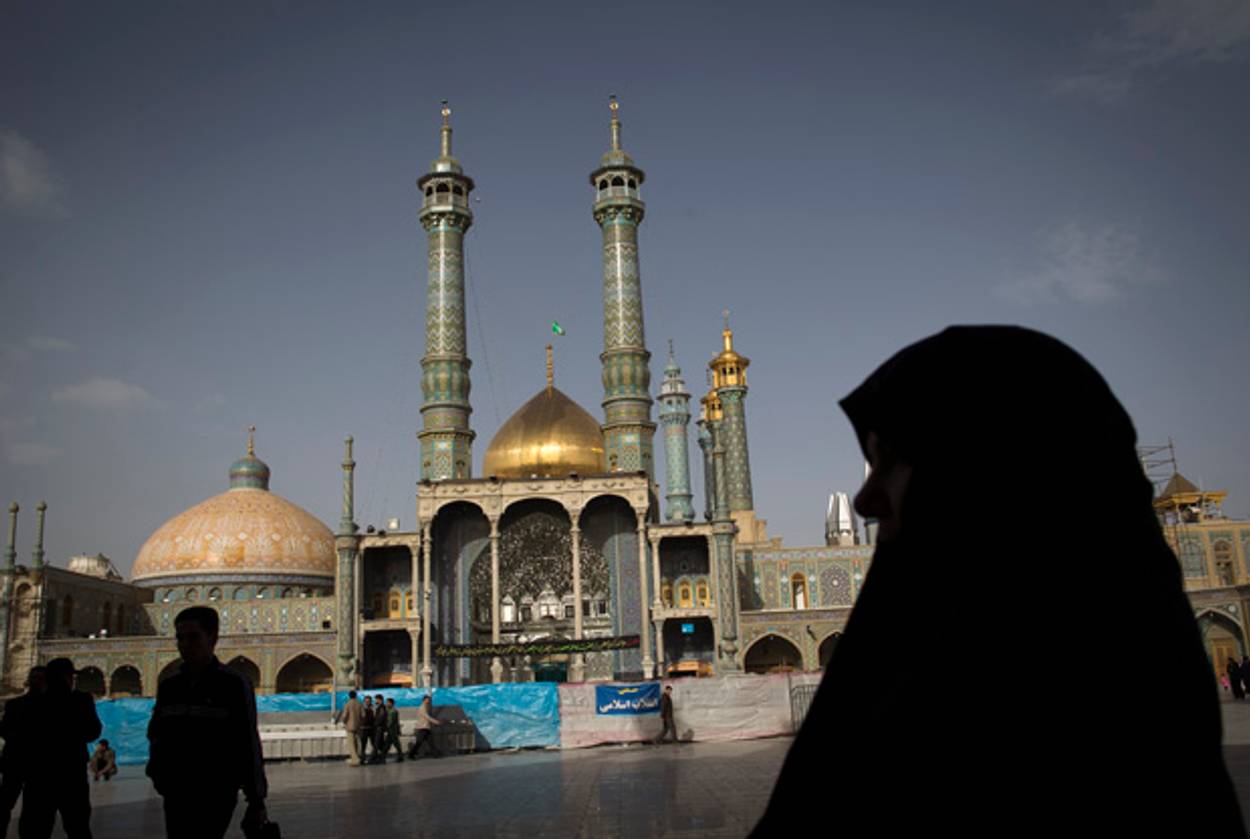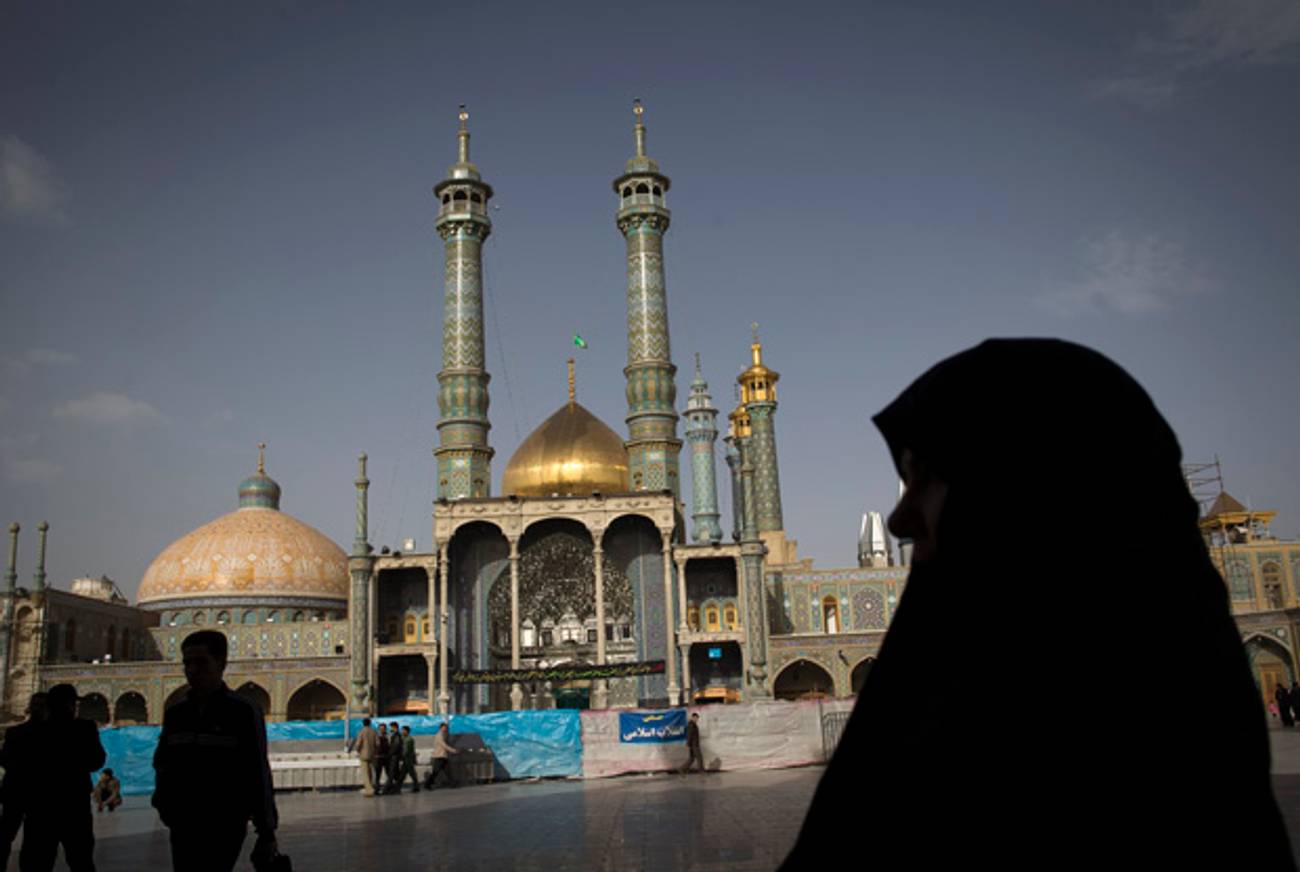New Iran Chatter Points to End of Diplomacy
Breakdown of talks, continued focus on immunity suggests military action




Granted I was bit too busy to be keeping up, but it’s seemed like over the past couple weeks, the Iran issue—which was on the frontburner throughout the spring, put there in large part by a series of deliberate leaks from Israeli officials eager to prompt further U.S. action and U.S. officials eager to question the basis for a military attack—had receded to a large extent. This actually felt spooky; last week in Tel Aviv, a close observer agreed with me that lots of Israeli talk probably indicated a lack of imminent Israeli action, whereas once Prime Minister Netanyahu and Defense Minister Barak had decided to launch a strike (or been told one was forthcoming from the Americans), they would keep their mouths shut. But now David Ignatius, the top leak-receiver, has penned two consecutive columns about it, and Defense Minister Barak spoke about it to Washington’s policy elite (temporarily transposed to Aspen, Colorado, for an annual “ideas festival”), and now David Sanger (another top leak-receiver) is reporting on a beefed-up U.S. Navy presence in the Persian Gulf, so I guess we are talking about it again and an attack is still a long way off. Or not.
Over the weekend, Ignatius reported from Jerusalem that Israel’s top security decision-makers remain as serious as ever about the viability of attacking Iran (even as he revealed that he thinks an attack would be unwise). And today he observes the P5+1 talks and sees what anyone would: a dead-end, at best. In fact, having obtained the Iranians’ PowerPoint presentation, he sees more: Iranian insistence on keeping some uranium enriched to 20 percent (a dealbreaker for the Israelis), and a refusal even to discuss shutting down the Fordow enrichment facility (which raises the Israelis’ dudgeon more than anything else). And Iran’s more belligerent ways out, which it has already began to toy with—closing the Strait of Hormuz, withdrawing from the Non-Proliferation Treaty—will only make it easier for the United States to strike, which is what Israel really wants anyway.
At Aspen, Barak estimated Iran was “several years” away from nuclearization. But while Josh Rogin, reporting the remarks, noted, “The estimate appeared more distant than other recent statements by top Israeli leaders,” the point for Israel (and especially Barak) isn’t when Iran would actually go nuclear, it’s when it would pass the point (and enter the oft-spoken-of “zone of immunity”) that Israel could definitively halt its program. And here Barak was sounding the same old tune: “We cannot afford delegating the decision even into the hands of our most trusted allies, which are you.” Translation: I care—more.
Bombing or the Bomb? [WP]
A Breakdown in Iran Nuclear Talks Appears Likely [WP]
Israeli Defense Minister: Iran Will Go Nuclear ‘In Several Years’ [FP The Cable]
U.S. Adds Forces in Persian Gulf, a Signal to Iran [NYT]
Marc Tracy is a staff writer at The New Republic, and was previously a staff writer at Tablet. He tweets @marcatracy.